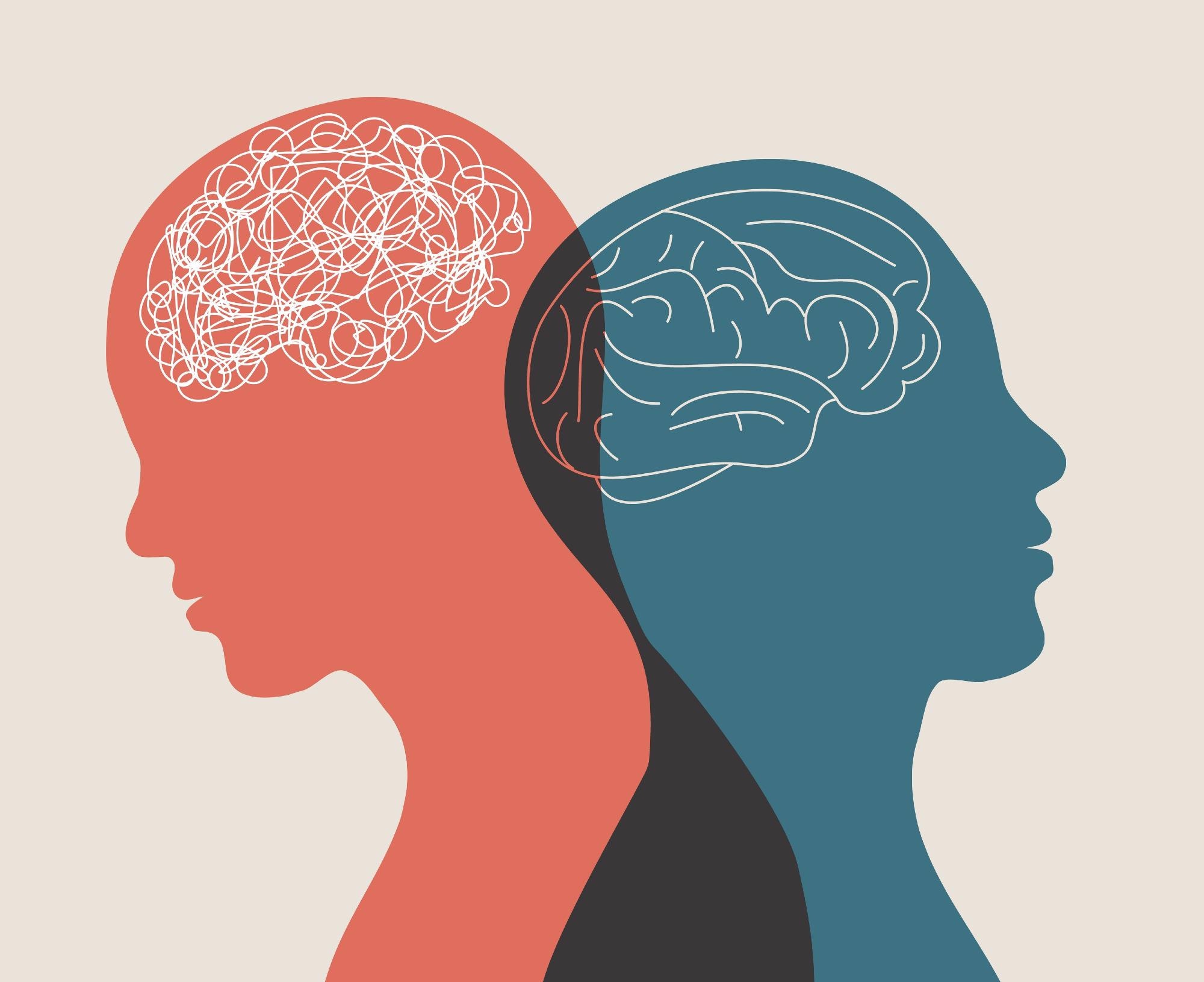Exploring the Connection In Between Nourishment and Mental Health Renovation
In the world of mental wellness, the influence of nutrition is a topic of expanding rate of interest and research. The intricate interaction between what we eat and how we feel expands far beyond mere physical wellness. The effects of our nutritional selections on psychological wellness have actually been significantly acknowledged by health professionals and researchers alike. As we browse the complicated landscape of contemporary lifestyles, uncovering the nuanced connection in between nutrition and psychological health and wellness renovation may hold the secret to opening a deeper understanding of our cognitive and psychological resilience.
Impact of Food on Mood
The connection between dietary choices and state of mind policy is a critical element of recognizing the impact of food on psychological well-being. Study has actually revealed that specific foods can affect natural chemical activity, impacting state of mind and emotions. As an example, foods rich in omega-3 fats, such as fatty fish, walnuts, and flaxseeds, have been connected to lower prices of depression and boosted state of mind guideline.
Additionally, complex carbs discovered in entire grains, fruits, and vegetables can aid regulate blood glucose levels, which in turn can have a favorable effect on mood security. On the various other hand, diets high in processed foods, sugar, and hydrogenated fats have actually been related to a boosted danger of depression and state of mind conditions.
Additionally, the gut-brain connection plays a significant duty in mood regulation. The gut microbiome, affected by the foods we eat, can communicate with the mind through the gut-brain axis, affecting mood, tension degrees, and overall mental well-being. Making conscious and nutritious dietary options is important for maintaining a healthy and balanced and balanced mood.

Vital Nutrients for Anxiousness

Moreover, the amino acid tryptophan, discovered in foods like turkey, eggs, and nuts, is a precursor to serotonin production, a neurotransmitter recognized for its role in advertising sensations of calmness and health. Vitamin B complicated, particularly B6 and B12, are likewise crucial for maintaining a healthy and balanced nerve system and might help lower anxiety symptoms.
Incorporating these necessary nutrients into a healthy diet can have a favorable influence on handling stress and anxiety and enhancing overall psychological health and wellness.
Dietary Approaches for Clinical Depression

One dietary approach for handling anxiety is concentrating on foods rich in omega-3 fats, such as fatty fish, flaxseeds, and walnuts. Omega-3 fatty acids have been linked to minimizing swelling in the brain and improving natural chemical feature, which can favorably influence mood. In addition, raising the websites consumption of fruits, vegetables, entire grains, and lean healthy proteins while lowering the consumption of refined sugars and foods may aid in minimizing depressive signs.
Additionally, maintaining adequate degrees of vitamin D, either through sunshine exposure or supplementation, is vital for supporting mental wellness. Vitamin D shortage has actually been associated with a boosted danger of clinical depression, making it vital to ensure adequate intake of this nutrient. By integrating these dietary strategies, people might successfully match typical therapies for clinical depression and improve their general health.
Gut-Brain Axis and Mental Wellness
Focusing on the detailed connection between the intestinal system and psychological health and wellness, the Gut-Brain Axis plays a pivotal duty in influencing cognitive features and psychological health. The Gut-Brain Axis is a bidirectional communication network between the main anxious system and the enteric nerves, connecting the psychological and cognitive centers of the brain with outer digestive tract functions. This axis is controlled by a complex interaction of neural, immune, endocrine, and metabolic paths.
Study suggests that the composition of digestive tract microbiota, the diverse community of microbes living in the gastrointestinal system, can have a profound effect on mental health. Imbalances in digestive tract microbiota, referred to as dysbiosis, have been linked with problems such as clinical depression, stress and anxiety, and even neurodegenerative diseases. Moreover, the gut view publisher site microbiota plays a crucial function in the manufacturing of natural chemicals like serotonin, which is important for managing mood and psychological feedbacks.
Maintaining a healthy and balanced gut microbiota through a well balanced diet rich in fiber, fermented foods, and probiotics is critical for supporting psychological health (Mental Health Services). Techniques focused on maximizing the Gut-Brain Axis offer appealing avenues for enhancing emotional health and cognitive function
Nourishment's Duty in Cognitive Function
Given the significant impact of the Gut-Brain Axis on mental health, understanding how nutrition effects cognitive function becomes paramount in advertising general health. Nourishment plays a critical duty in cognitive function by supplying vital nutrients that sustain brain health and wellness and optimal performance.
Secret nutrients such as omega-3 fats, minerals, antioxidants, and vitamins are understood to boost cognitive capacities, including memory, emphasis, and analytical abilities. Omega-3 fatty acids, discovered in fatty fish like salmon and nuts, have actually been connected to improved memory and cognitive function. Antioxidants, plentiful in vegetables and fruits, help secure brain cells from damage triggered by totally free radicals, therefore preserving cognitive feature.
Furthermore, a well balanced diet plan abundant in entire grains, lean proteins, fruits, and vegetables can favorably influence cognitive function by maintaining blood sugar degrees and giving continual power to the mind. On the other hand, diets high in processed foods, saturated fats, and sugars have been connected with cognitive decrease and damaged brain feature. Making informed nutritional options is necessary for keeping optimal cognitive function and general psychological wellness.
Conclusion
In final thought, the relationship in between nourishment and mental health is intricate and complex. Comprehending the link in between nutrition and mental health and wellness renovation is crucial for advertising overall health and dealing with psychological health and wellness issues.
The ramifications of our dietary options on mental wellness have actually been significantly recognized by wellness professionals and researchers alike. As we navigate the complicated landscape of modern way of livings, uncovering the nuanced connection between nourishment and mental health and wellness improvement might hold the key to opening a much deeper understanding of our cognitive and psychological durability.
Building upon advice the vital nutrients that sustain psychological health and wellness, especially in taking care of stress and anxiety disorders, the emphasis now changes in the direction of checking out dietary techniques for attending to anxiety.Concentrating on the elaborate connection between the gastrointestinal system and mental health, the Gut-Brain Axis plays a critical role in influencing cognitive features and psychological health (Mental Health Services). Comprehending the link in between nourishment and mental health enhancement is essential for promoting total wellness and dealing with psychological wellness concerns